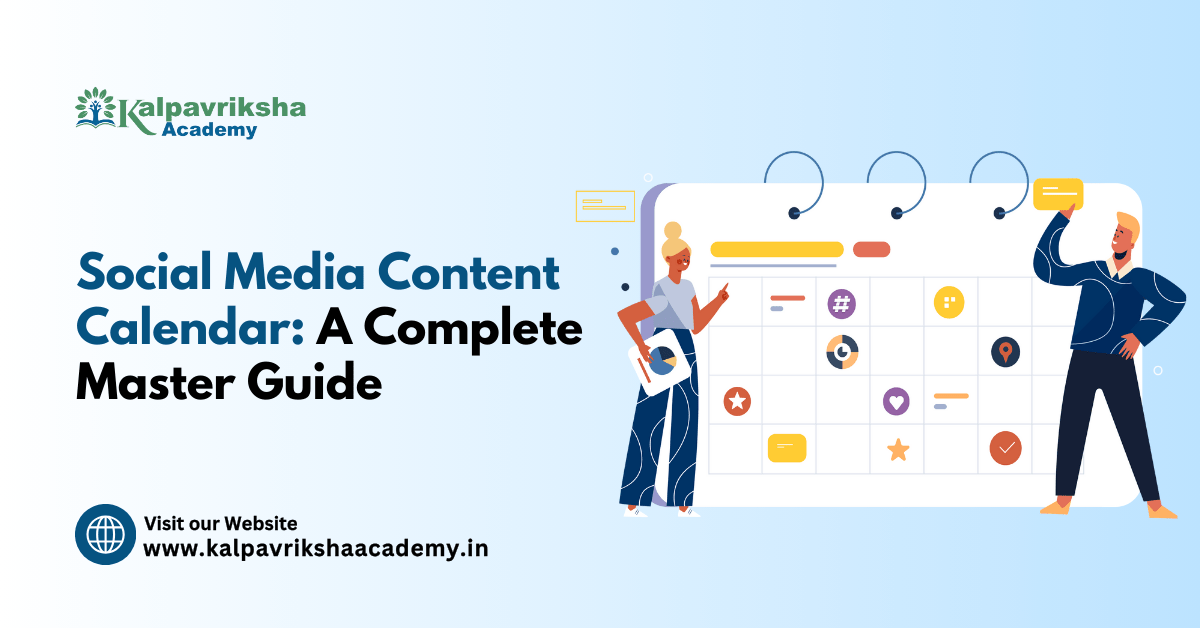In the digital world, understanding the basics of SEO is important for achieving online success. On Page and Off Page SEO are two fundamentals of a comprehensive SEO strategy. On Page SEO involves optimizing individual web pages to improve their visibility and relevance to search engines, while Off Page SEO focuses on building the site’s authority and trustworthiness through external efforts.
Mastering both aspects ensures a balanced approach to enhancing your website’s performance, driving organic traffic, and achieving higher search engine rankings. In this article, you will get a better understanding of SEO.

Why are On Page SEO and Off Page SEO Important?
On Page SEO and Off Page SEO are important since they both improve a website’s exposure and rating in search engines. On Page SEO improves elements of your website, such as content and meta tags, to make them more relevant and user-friendly. Off Page SEO generates external elements like backlinks and social signals, which help to develop trust and authority. Together, they boost the website’s ability to attract and keep visitors, resulting in increased organic traffic and better overall search engine performance.
On Page SEO
- Enhanced relevance of websites and experience for users.
- Enhancing content and meta tags for achieving better rankings on search engines.
- Upgraded site structure and internal linking.
- Greater visibility for certain keywords.
Off Page SEO
- The relevance of the website and better user experience
- Improves brand reputation and credibility.
- Increases referral traffic from other websites.
- Promotes long-term SEO success by increasing site credibility.
What is the Difference Between On Page SEO and Off Page SEO?
The difference between on-page SEO and Off Page SEO are the following:
On-Page SEO
- Concentrates on optimizing parts of your website.
- This includes content quality, meta tags, headings, and internal linking.
- Directly impacts how search engines and users interact with your website.
- Examples include adjusting title tags, incorporating relevant keywords, and increasing page load speed.
Off-Page SEO
- External factors affecting your website’s rating.
- This includes building backlinks, interacting on social media, and referencing the brand.
- Enhances the site’s authority and credibility in the eyes of search engines.
- Examples include obtaining high-quality backlinks, utilizing social media channels, and engaging in influencer marketing.
What are the key Components of an On-Page SEO Checklist?
These are the Key Components of an on page SEO checklist:
- Title Tags: Include relevant keywords and keep it under 60 characters.
- Meta Descriptions: Write compelling descriptions with keywords, under 160 characters.
- Headings (H1, H2, H3, etc.): Use keyword-rich headings to structure content.
- URL Structure: Ensure URLs are short, descriptive, and include keywords.
- Content Quality: Provide valuable, relevant, and well-structured content with targeted keywords. Quality content is one of the main Key Components of an on page seo checklist.
- Internal Linking: Use links to related content within your site to improve navigation.
- User Experience (UX): Improve site navigation, layout, and overall usability.
- Schema Markup: Implement structured data to help search engines understand content better.
5 Best On-Page SEO Techniques
These are the 5 Best Page SEO Techniques:
-
Optimize Title Tags and Meta Descriptions
Craft compelling, keyword-rich titles and meta descriptions that accurately reflect the content and entice clicks.
-
Create High-Quality, Relevant Content
Develop content that addresses user intent, includes relevant keywords naturally, and provides value to your audience.
-
Improve URL Structure
To make your URLs more search engine and user friendly, use clean, descriptive language with targeted keywords.
-
Utilize Header Tags Effectively
Implement H1, H2, and H3 tags to organize content hierarchically, making it easier for search engines and users to navigate.
-
Enhance Page Load Speed
Optimize the images, leverage browser caching, and minimize JavaScript and CSS to improve page loading times and overall user experience.

5 Best Off Page SEO Techniques
These are the 5 Best Off Page SEO Techniques:
-
Build High-Quality Backlinks
Get links from reliable and relevant websites to increase your site’s authority and search engine rating.
-
Leverage Social Media
Promote your material on social media channels to enhance visibility, interaction, and prospective backlinks.
-
Engage in Influencer Marketing
Engage influencers to drive traffic and get their feedback through their references.
-
Submit to Relevant Directories
To enhance local SEO and acquire valuable backlinks for your website, it is necessary to add it to trustworthy industry-specific directories.
-
Participate in Online Communities
List your website in reputable industry-specific directories to boost local SEO and receive vital backlinks.

Role of SEO On Page Optimization Tool
Role of SEO On Page Optimization Tools:
- Keyword Analysis: Identify relevant keywords and assess their performance within your content.
- Content Optimization: Evaluate and improve the quality, relevance, and keyword usage in your content.
- Technical SEO Checks: Analyze and fix issues related to page speed, mobile-friendliness, and URL structure.
- Meta Tag Recommendations: Suggest optimal title tags, meta descriptions, and header tags for better search engine indexing.
- Performance Tracking: Monitor changes in search rankings, page traffic, and user engagement to measure the effectiveness of On Page SEO efforts.
Conclusion
Above is the complete and essential guide to on Page SEO and off Page SEO as well importance, differences, techniques, tools. On Page SEO means optimizing parts of individual web pages in order to rank higher and earn a lot more site visitors with the search engines. Off Page SEO mainly boosts the authority and reliability of a website by generating high quality backlinks, social signals as well branding . Both are crucial to a successful SEO strategy. Google Analytics and Ahrefs help with evaluation tracking for improvement, so that you can easily implement the SEO strategies. And finally if you wish to learn SEO and no more about its basics & techniques, Do register in a SEO course at Kalpavriksha Academy.
FAQs
1. What is On Page SEO?
On Page SEO involves optimizing individual web pages to improve their search engine rankings and attract relevant traffic. Key components include content quality, keyword optimization, meta tags, URL structure, internal linking, user experience, and technical SEO.
2. What is Off Page SEO?
Off Page SEO focuses on enhancing a website’s authority and credibility through external activities such as acquiring backlinks, social media marketing, and online brand mentions.
3. What are some effective On Page SEO techniques?
Effective On Page SEO techniques include creating high-quality content, optimizing keywords, using proper meta tags, maintaining a clean URL structure, implementing internal linking, ensuring fast loading speeds, and using schema markup.
4. What are some effective Off Page SEO techniques?
Effective Off Page SEO techniques include building high-quality backlinks, engaging in social media marketing, guest blogging, influencer outreach, and leveraging online mentions and reviews.










